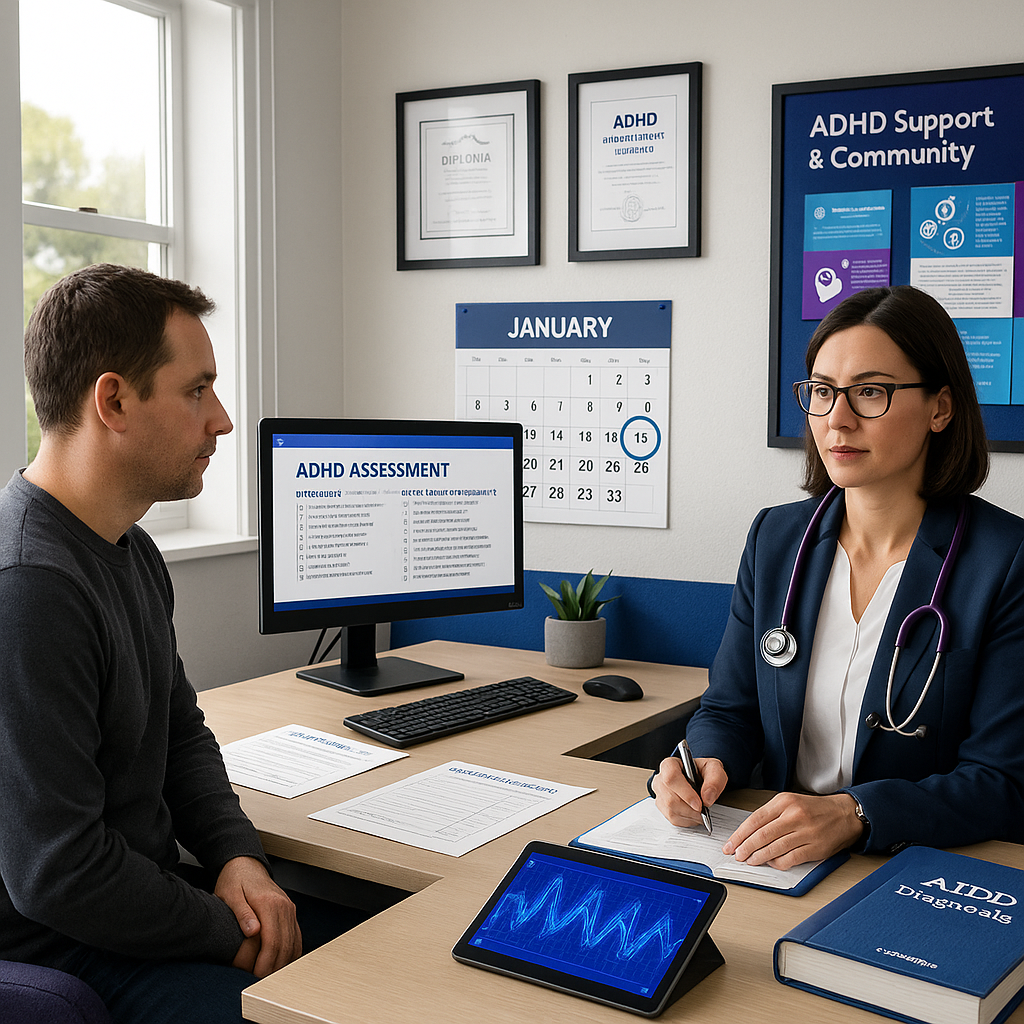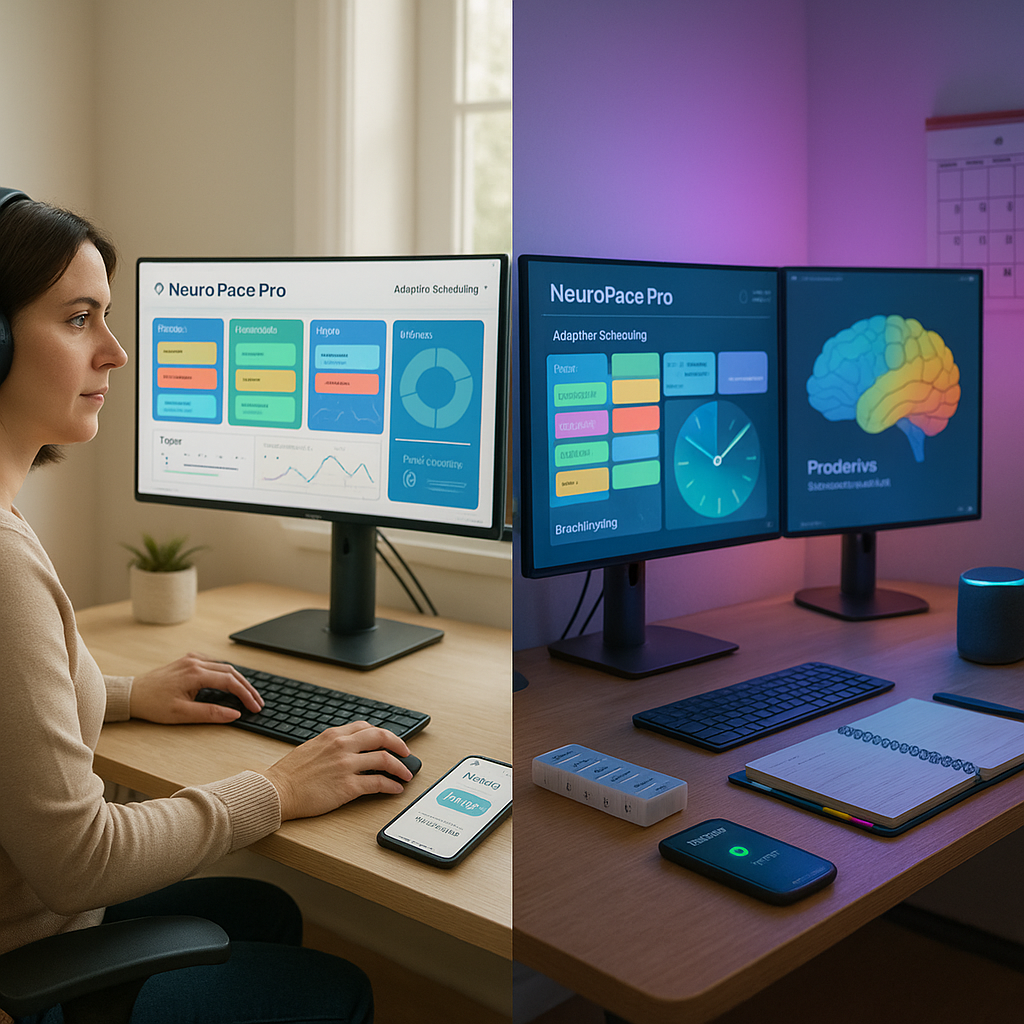Key Takeaways
- Top story: New Zealand law enables GPs to diagnose ADHD without specialist referral starting February 2026.
- NIH allocates $3.6 million to study childhood ADHD brain activity and diagnostic patterns.
- Tech: AI apps gain traction as daily productivity tools for neurodivergent professionals.
- Community: TikTok emerges as a resource for women recognizing and seeking support for ADHD.
- New Zealand’s decision is expected to reduce specialist waitlists and improve early access to care.
Introduction
On 29 September 2025, a new law in New Zealand allowing general practitioners to diagnose ADHD from February 2026 marks a major shift in access to care and headlines today’s ADHD news. Meanwhile, U.S. research funding targets childhood brain activity, underscoring ongoing global moves toward earlier support and innovation for neurodivergent communities.
Top Story: New Zealand Expands ADHD Diagnosis Access
Policy Change Details
New Zealand’s Ministry of Health has announced a policy allowing general practitioners to diagnose ADHD in adults, ending the requirement for specialist psychiatrist referrals. This change, effective from 15 January 2026, is intended to reduce waiting times, which currently exceed 12 months in most regions.
Implementation Framework
The guidelines stipulate that GPs complete specialized ADHD diagnostic training by December 2025. The training program covers assessment protocols, medication management, and screening for co-existing conditions. Content has been developed in partnership with the Royal New Zealand College of General Practitioners.
Expected Impact
Health officials estimate the policy will improve diagnosis accessibility for approximately 50,000 adults currently seeking assessment. The initiative will particularly benefit rural communities, where access to specialists has been historically limited.
Also Today: Research and Innovation
NIH Launches Digital Health Study
The National Institutes of Health has approved $3.6 million in funding for a five-year study examining childhood ADHD brain activity and diagnostic patterns. The project aims to advance understanding of early markers and develop digital tools for better management and support.
Workplace Tools Show Promise
Recent data from enterprise software companies indicate a 40% increase in adoption of neurodiversity-friendly productivity tools. Organizations report improved task completion rates when implementing features such as visual timeline displays and context-preserved task switching.
Also Today: Community and Support
Social Media Drives Awareness
TikTok’s #ADHDinWomen hashtag has surpassed 2 billion views, leading to a significant increase in adults seeking diagnosis. Content creators focused on ADHD education report high engagement for workplace strategy videos, especially those addressing executive function challenges.
Professional Networks Expand
The International ADHD Professionals Network has launched regional chapters in 12 additional cities, emphasizing workplace advocacy and career development. Since March 2025, its mentor matching program has connected 5,000 neurodivergent professionals.
What to Watch: Key Dates and Events
- 15 October 2025: WHO Global ADHD Summit in Geneva
- 1 November 2025: NIH Digital Health Study enrollment opens
- 10 December 2025: New Zealand GP training program deadline
- 15 January 2026: New Zealand diagnosis policy implementation
Conclusion
New Zealand’s decision to allow general practitioners to diagnose ADHD marks significant progress in increasing access and reducing assessment bottlenecks. This reflects a wider shift in ADHD news. Alongside major NIH funding for childhood brain studies and advances in digital support, momentum is growing for more inclusive assessment and management tools. What to watch: policy rollouts, training deadlines, and key research events between October 2025 and January 2026.





Leave a Reply